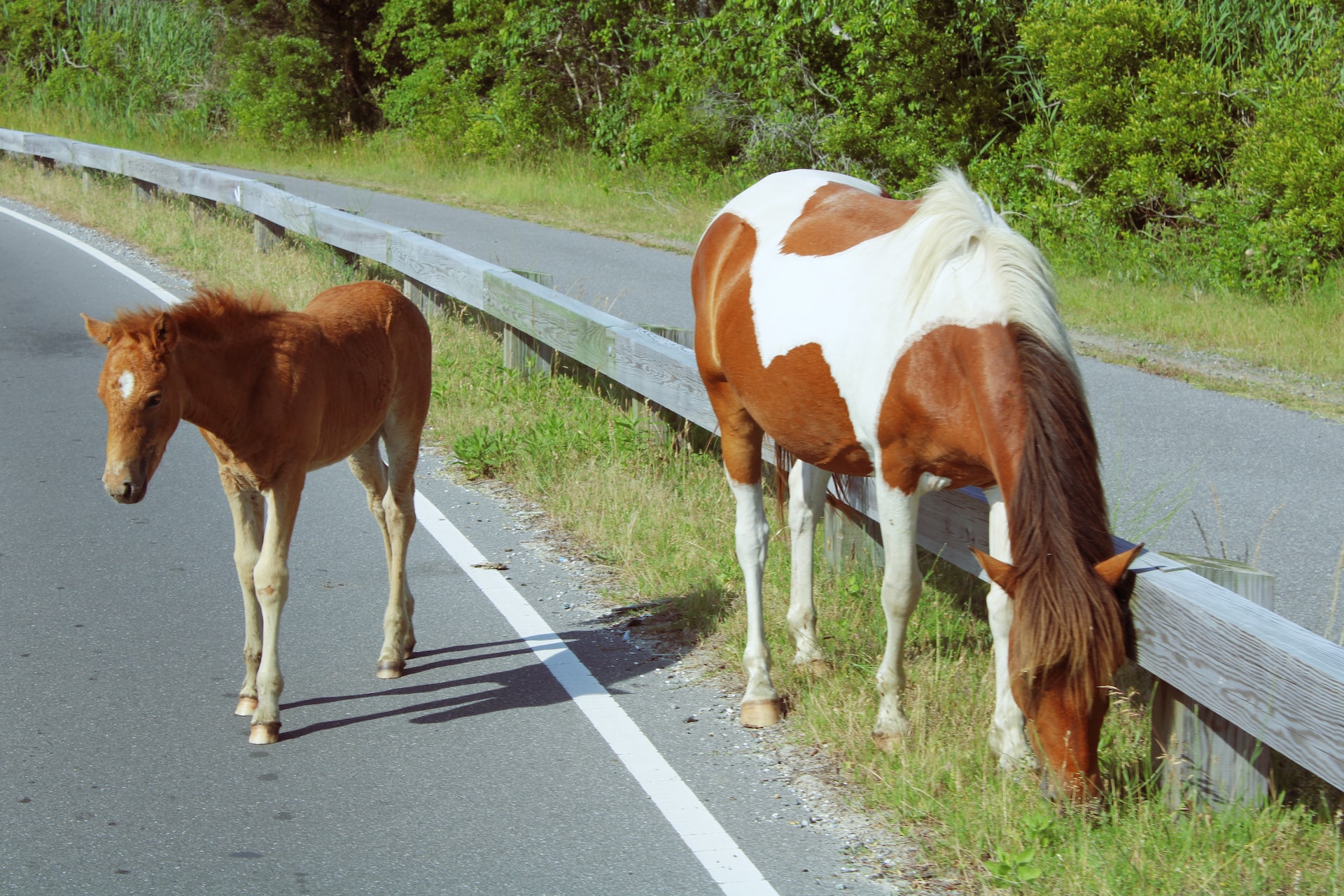Being conscious of the diverse ailments that can impinge on the equines is essential as a vet. One of these disorders is exercise intolerance, which can substantially affect a horse’s execution and general well-being. This article will explain exercise intolerance, including its indications and possible causes.
What is Exercise Intolerance?
Exercise intolerance is when a horse experiences an abnormal decrease in physical performance during exercise. This can manifest in several ways, including fatigue, difficulty breathing, and decreased stamina. It is important to note that exercise intolerance is not the same as a horse simply being out of shape; instead, it is an abnormal response to physical exertion.
Signs and Symptoms
The most common signs and symptoms of exercise intolerance in horses include the following:
• Fatigue: Horses with exercise intolerance often experience more rapid and severe fatigue than average during physical activity. A lack of energy may accompany this fatigue, and the horse may be unwilling to continue the activity.
• Difficulty Breathing: Horses with exercise intolerance often struggle to catch their breath during exercise and may even become distressed due to their inability to breathe correctly. This can result in excessive panting and labored breathing.
• Decreased Stamina: Horses with exercise intolerance may also experience a decrease in stamina and performance during physical activity. This can result in a reduction in speed, power, and endurance.
• Muscle Weakness: Horses with exercise intolerance may also experience muscle weakness, which can cause the horse to be unable to maintain an even gait or canter.
• Weight Loss: Horses with exercise intolerance may also experience weight loss due to their inability to properly utilize energy during physical activity.
Causes of Exercise Intolerance
The exact cause of exercise intolerance in horses is unknown, although several potential factors may contribute to the condition. These include:
• Congenital Conditions: Congenital conditions, such as heart defects or respiratory diseases, can cause exercise intolerance in horses.
• Infections: Certain infections, such as equine influenza, can also cause exercise intolerance in horses.
• Nutritional Deficiencies: Nutritional deficiencies can lead to decreased energy levels and poor physical activity performance.
• Genetics: Genetics may also play a role in exercise intolerance; some horses may be predisposed to the condition due to their genetic makeup.
• Age: Age can also factor in exercise intolerance; older horses may be more likely to experience the condition due to the natural decline in physical performance that occurs with age.
Diagnosis and Treatment of Exercise Intolerance
To correctly diagnose and cure exercise intolerance, vets should begin by doing a complete physical examination and examining the horse’s medical records. Furthermore, they could suggest further tests, such as blood tests, x-rays, or ultrasounds, to eradicate any potential causes of exercise intolerance.
Once a diagnosis has been made, the veterinarian will work with the owner to develop a treatment plan tailored to the individual horse’s needs. Treatment may include dietary modifications, nutritional supplements, or medications, depending on the underlying cause of exercise intolerance. In some cases, exercise restriction may also be necessary to allow the horse’s body to rest and heal.
Conclusion
Exercise intolerance can have grave consequences on a horse’s health and execution. Therefore, vets need to be conscious of the markers and indications of exercise intolerance to accurately diagnose and treat the condition. By utilizing an appropriate treatment plan, horses with exercise intolerance can proceed to live contented and vigorous lives.
